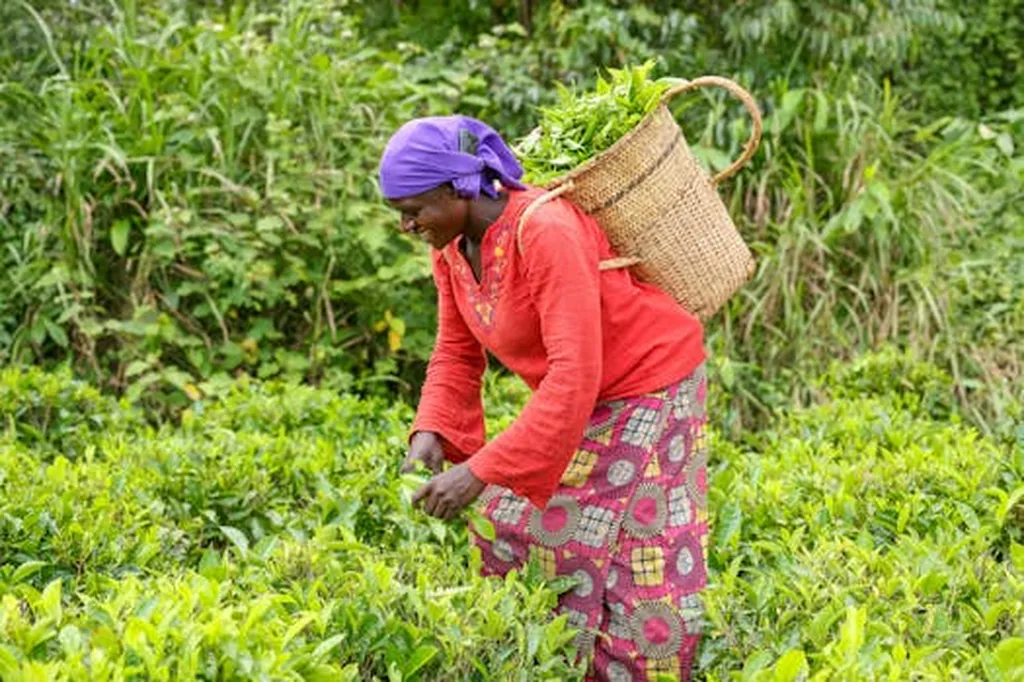In the heart of Nigeria, a groundbreaking study is challenging the status quo of climate-smart agriculture (CSA) and its impact on gender dynamics and household welfare. Led by A. K. Daudu from the Department of Agricultural Extension and Rural Development at the University of Ilorin, this research is not just another academic exercise; it’s a call to action for policymakers, agronomists, and investors alike.
The study, published in *Discover Food* (which translates to *Otkrit’ Pishhu* in English), delves into the gender differentials and distributional effects of CSA practices on farm production and welfare. The findings are stark: men and women experience climate change differently, and these differences are amplified or mitigated by the adoption of CSA practices. “We found statistically significant gender gaps in farm productivity and welfare outcomes,” Daudu explains. “Male-headed farm households fare better than their female-headed counterparts, but the impact of adoption is higher at the lower end of the distributions of farm and welfare outcomes in both male and female households.”
This research is a wake-up call for the energy sector, particularly those investing in agritech and sustainable farming practices. The study highlights that the decision to adopt CSA practices is influenced by factors such as education, farm size, awareness of CSA, access to extension and credit, and membership of associations. These findings suggest that targeted interventions could bridge the gender gap in CSA adoption, leading to significant improvements in farm yield and household welfare.
The innovative use of a conditional instrumental variable and quantile treatment effects to account for selection bias is a methodological leap that could shape future research in this field. By providing a more nuanced understanding of the distributional impacts of CSA practices, this study opens the door for more effective, gender-sensitive policies and interventions.
As the world grapples with the realities of climate change, this research underscores the urgent need for inclusive, equitable, and sustainable agricultural practices. It’s a reminder that the future of farming is not just about technology and innovation, but also about understanding and addressing the complex social dynamics that shape our world.
In the words of Daudu, “Policies aimed at bridging the gender gap in CSA practices adoption among farming household heads may have a statistically significant higher impact in narrowing the gender gap in farm yield and household welfare.” This is not just a call to action for Nigeria, but for the global community to invest in and support gender-inclusive CSA practices. The energy sector, in particular, has a crucial role to play in driving this change, ensuring that the benefits of sustainable agriculture are equitably distributed and that no one is left behind in the fight against climate change.

